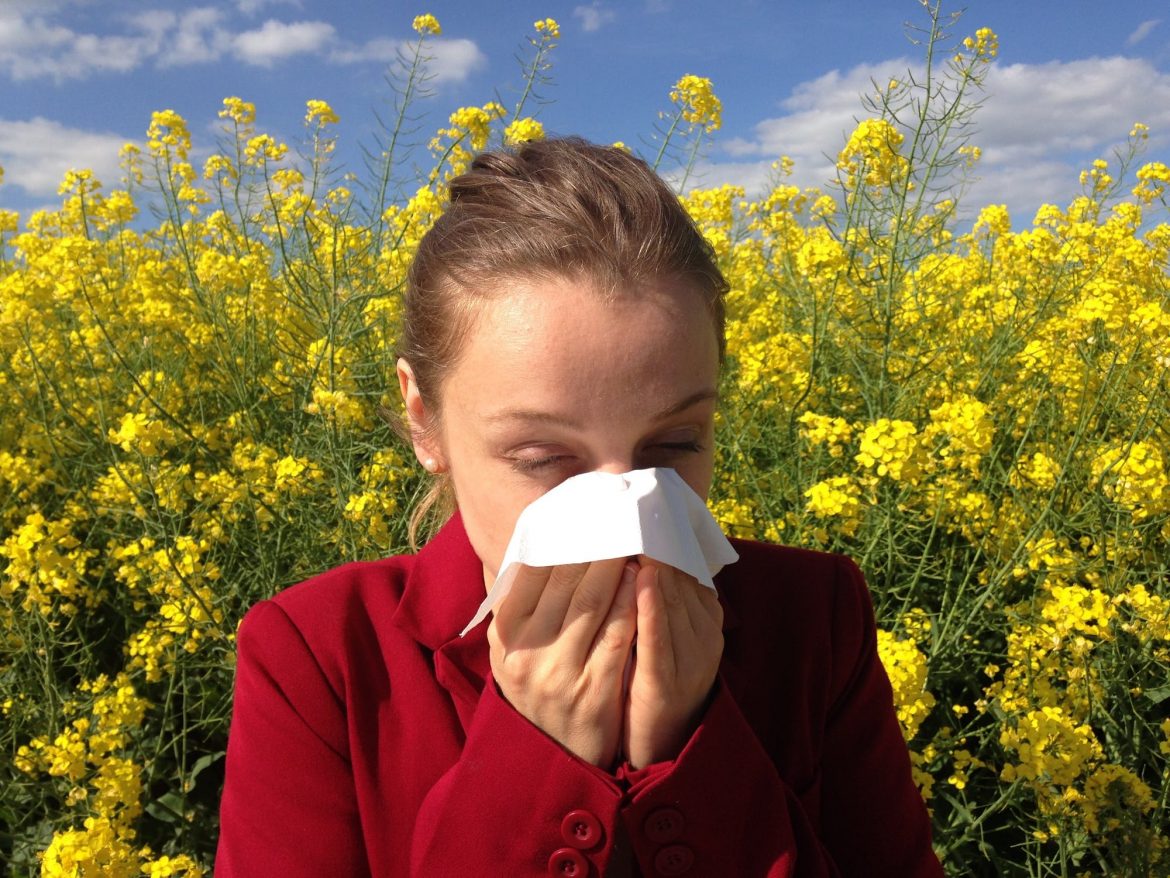Sleep is a key link in the process.
It’s possible to have an allergic reaction when no allergens are around, according to researchers from the University of Tubingen, if you re-enter a space where you previously had an allergic reaction.
The kicker: You have to have had a good night’s sleep after first having the reaction.
The researchers used two groups to test their theory. Each participant was brought into a “standardized experimental room” and left to get used to her surroundings for 45 minutes. From there, each received a nasal spray chock full of allergen and their immediate condition was monitored and their allergy confirmed.
One group slept for eight hours while another laid down while being kept awake for the same time.
The experiment was repeated again the following week, but this time, instead of receiving a dose of pollen, participants received a blast of saline.
Members of the group that had slept after receiving the initial dose saw an allergic reaction as they entered the room; reactions were “entirely absent” from those that didn’t sleep.
Such research might point to allergic reactions being “learned responses” encoded into our brains through sleep. However, the authors note their limited sample size–10 total participants–means more research will be required.
Still, research such as this may one day help us better understand our immuno responses, our sleep cycles, and why my allergic responses to smokers flare up in a house that hasn’t seen smoke in it for nearly a decade.
Top Image: Pixabay – Creative Commons
